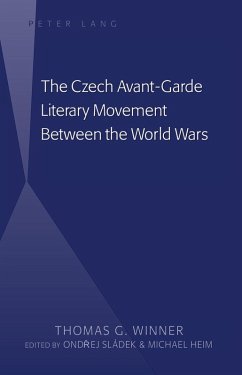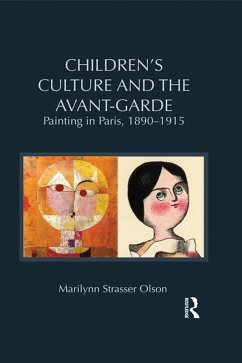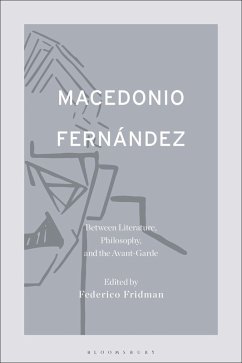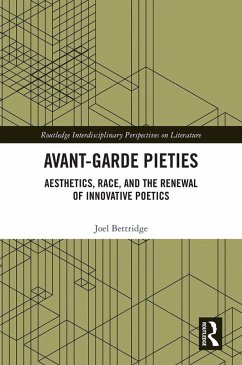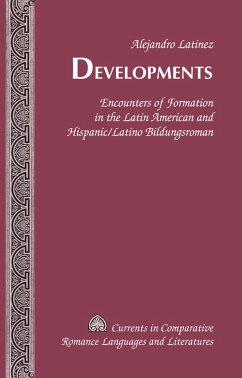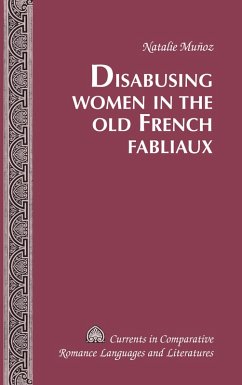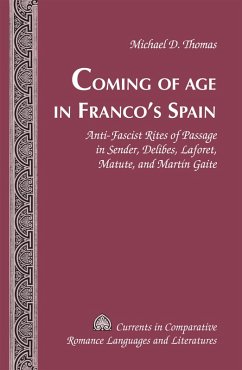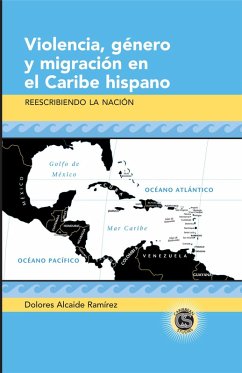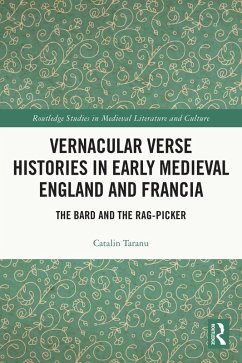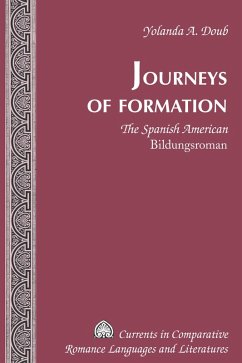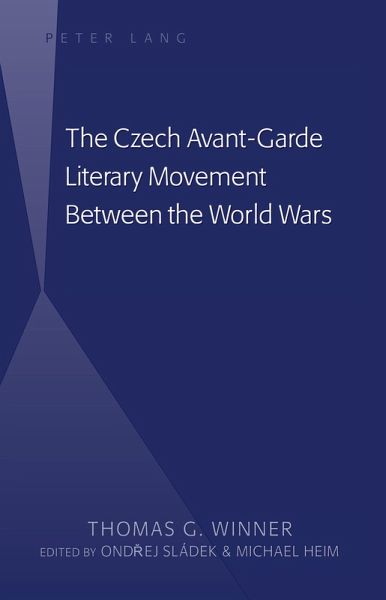
Czech Avant-Garde Literary Movement Between the World Wars (eBook, PDF)
edited by Ondrej Sladek and Michael Heim
Versandkostenfrei!
Sofort per Download lieferbar
Statt: 91,25 €**
68,95 €
inkl. MwSt.
**Preis der gedruckten Ausgabe (Gebundenes Buch)
Alle Infos zum eBook verschenkenWeitere Ausgaben:

PAYBACK Punkte
34 °P sammeln!
The Czech Avant-Garde Literary Movement Between the Two World Wars tells the little-known story of the renaissance of Czech literary arts in the period between the two world wars. The avant-garde writers during this period broke down the barrier between the elite literary language and the vernacular and turned to spoken language, substandard forms, everyday sources such as newspapers and detective stories, and forms of popular entertainment such as the circus and the cabaret. In his analyses of the writings of this period, Thomas G. Winner illuminates the aesthetic and linguistic characteristi...
The Czech Avant-Garde Literary Movement Between the Two World Wars tells the little-known story of the renaissance of Czech literary arts in the period between the two world wars. The avant-garde writers during this period broke down the barrier between the elite literary language and the vernacular and turned to spoken language, substandard forms, everyday sources such as newspapers and detective stories, and forms of popular entertainment such as the circus and the cabaret. In his analyses of the writings of this period, Thomas G. Winner illuminates the aesthetic and linguistic characteristics of these works and shows how poetry and linguistics can be combined. The Czech Avant-Garde Literary Movement Between the Two World Wars is essential reading for courses on modern Czech literature, comparative literature, and Slavic literature.
Dieser Download kann aus rechtlichen Gründen nur mit Rechnungsadresse in A, B, BG, CY, CZ, D, DK, EW, E, FIN, F, GR, HR, H, IRL, I, LT, L, LR, M, NL, PL, P, R, S, SLO, SK ausgeliefert werden.




